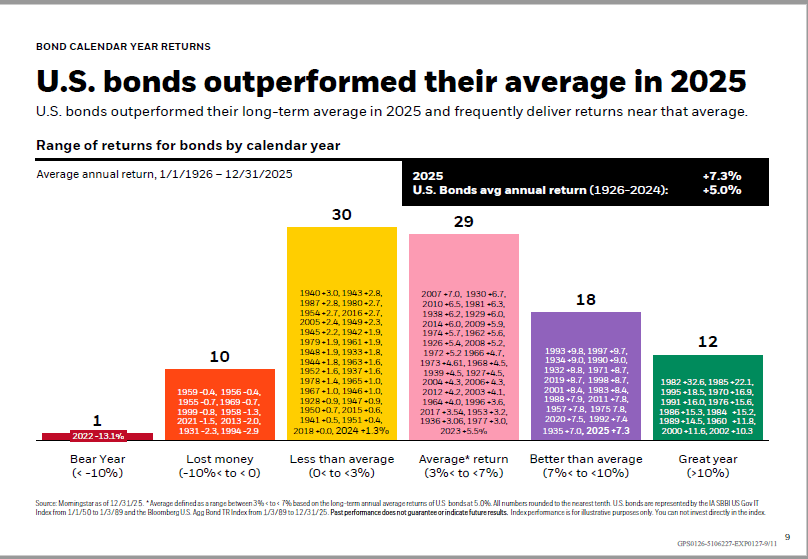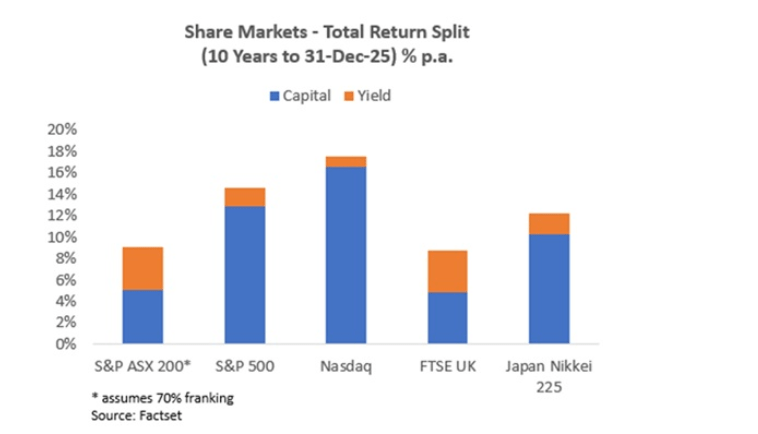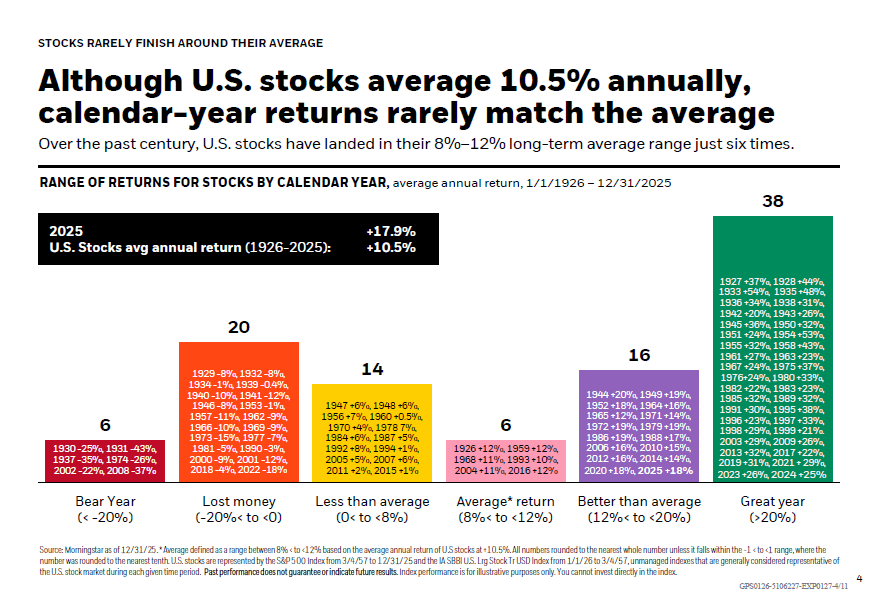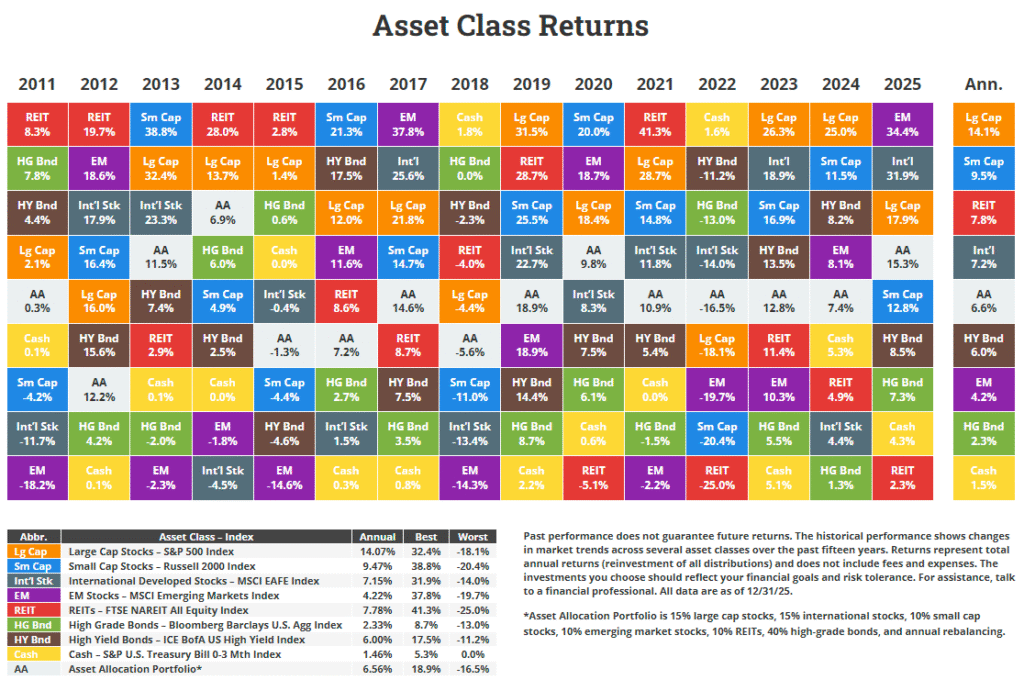One way to invest in foreign markets is by simply buying stocks of U.S. multinationals. With these firms investors need not worry too much about lack of transparency, governance, accounting issues, etc. as they follow U.S. laws and adhere to the standards common to businesses operating in the U.S. Hence by investing in these multinationals investors get the best of worlds as they profit from the economic growth overseas from which the multinationals prosper and at the same time benefit from owing an American corporation. However there is one flaw with this argument.
Trying to gain exposure to foreign countries by owning stocks of U.S. multinationals is not the same as owing equity in the domestic companies of those countries. If all one needs to do in order to diversify globally is just invest in American multinationals then there won’t be any need for investing in any of the hundreds of foreign stocks trading in the U.S. or any of the other tools such as foreign-focused ETFs, CEFs, mutual funds etc. The benefits of investing directly in foreign domestic companies via ADRs or ordinary shares in the local market cannot be underestimated.
Michelle Gibley of Charles Schwab discussed the reasons for investing in foreign firms instead of U.S. multinationals in an article back in May. From the article titled “4 Mistakes to Avoid in International Investing“:
- “The stocks of U.S. multinational companies tend to move in tandem with other U.S. stocks, and U.S. multinationals typically still derive a large percentage of their profits from the United States. But this misses the point of investing internationally—to diversify into areas that aren’t so highly correlated with the U.S. market.
- Similarly, multinationals have a greater tendency to hedge currency exposure—and one reason to invest internationally is to increase your currency diversification, not reduce it.
- U.S. multinationals may not do as well as local competitors in their target foreign markets due to cultural and local differences. After all, not everyone prefers U.S. brands, and some U.S. companies have difficulty customizing products for foreign markets.
- The U.S. share of the global stock market is declining, so investing in U.S. multinationals means missing out on different opportunities elsewhere. When you look at global GDP, non-U.S. countries dominate, indicating the market share of these countries has room to grow.
- Owning large multinational companies means excluding small cap companies that are more closely tied to the economic conditions in their local markets. International small cap stocks have even lower correlations to U.S stocks than large cap international stocks.”
Source: 4 Mistakes to Avoid in International Investing, Charles Schwab
Ten foreign multinationals from the developed world are listed below for consideration:
1.Company: AstraZeneca PLC (AZN)
Current Dividend Yield: 3.98%
Sector: Pharmaceuticals
Country: UK
2.Company: Vodafone Group PLC (VOD)
Current Dividend Yield: 7.02%
Sector: Wireless Telecom
Country: UK
3.Company: British American Tobacco PLC (BTI)
Current Dividend Yield: 4.13%
Sector:Tobacco
Country: UK
4.Company: Total SA (TOT)
Current Dividend Yield: 5.06%
Sector:Oil, Gas & Consumable Fuels
Country: France
5.Company: Sanofi (SNY)
Current Dividend Yield: 3.57%
Sector: Pharmaceuticals
Country: France
6.Company: BASF SE (BASFY)
Current Dividend Yield: 3.67%
Sector:Chemicals
Country: Germany
7.Company: Siemens AG (SIEGY)
Current Dividend Yield: 3.32%
Sector:Industrial Conglomerates
Country: Germany
8.Company: Diageo PLC (DEO)
Current Dividend Yield: 2.91%
Sector: Beverages
Country: UK
9.Company: Novo Nordisk A/S (NVO)
Current Dividend Yield: 1.84%
Sector: Pharmaceuticals
Country: Denmark
10.Company:Telenor ASA (TELNY)
Current Dividend Yield:
Sector: Telecom
Country: Norway
Note: Dividend yields noted are as of Aug 19, 2014. Data is known to be accurate from sources used.Please use your own due diligence before making any investment decisions.
Disclosure: No Positions



